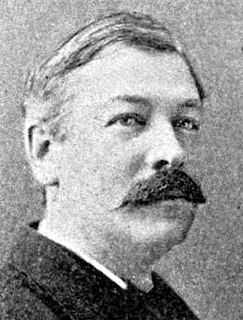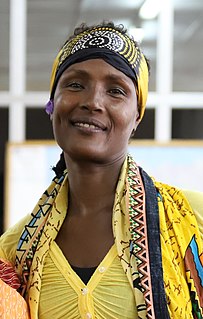A Quote by Hope Jahren
The wood of any tree growing anywhere records fairly faithfully the oxygen and hydrogen chemistry of the water the plant has access to through precipitation.
Related Quotes
Apart from the obvious advantages of having ice to melt, filter, then drink, you can also break apart the water's hydrogen from its oxygen. Use the hydrogen and some of the oxygen as active ingredients in rocket fuel and keep the rest of the oxygen for breathing. And in your spare time between space missions, you can always go ice skating on the frozen lake created with the extracted water.
Many people I've met believe that plants are made up of soil-that the tree outside your house, for example, is mostly made from the soil in which it grew. That's a common mistake. That tree is mostly made up of one of the gases in our air (carbon dioxide) and water (hydrogen and oxygen). Trees are solidified air and sunlight.
Every tree, every plant, has a spirit. People may say that the plant has no mind. I tell them that the plant is alive & conscious. A plant may not talk, but there is a spirit in it that is conscious, that sees everything, which is the soul of the plant, its essence, what makes it alive. The channels through which the water & sap move are the veins of the spirit.
It has been recognized that hydrogen bonds restrain protein molecules to their native configurations, and I believe that as the methods of structural chemistry are further applied to physiological problems it will be found that the significance of the hydrogen bond for physiology is greater than that of any other single structural feature.
If you can survive in the desert, you survive anywhere. I know more than anything life in desert. You can tell by looking at the dirt how long ago it rained, how hard it rained, how much water came through. You can by looking at a plant, a tree, from an animal's look. I can read the desert like I read my hand.


































